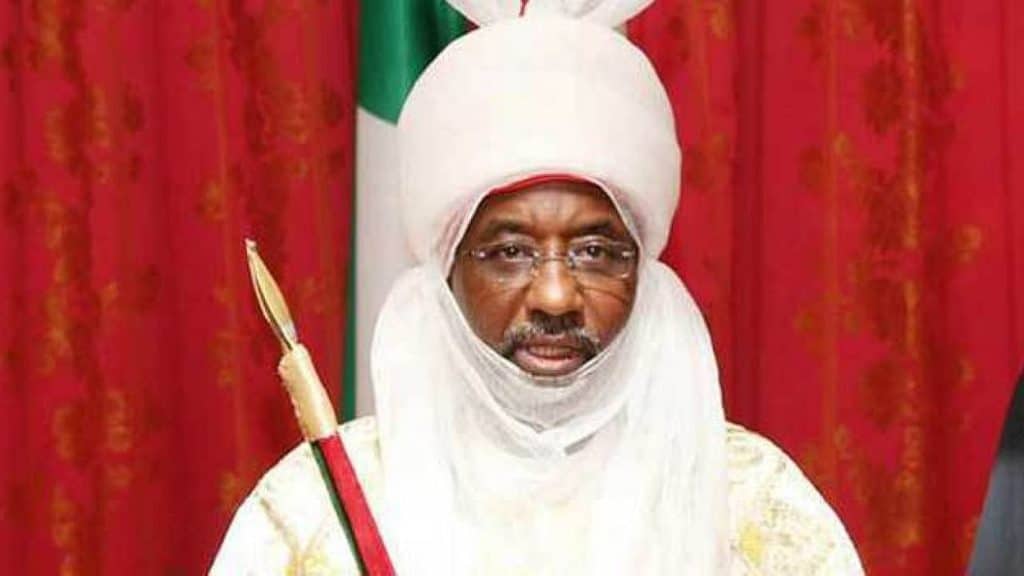The Emir of Kano, Muhammadu Sanusi II, has said that the decision by former President Goodluck Jonathan to suspend the planned removal of fuel subsidy in 2012 was driven by fears of Boko Haram’s suicide attacks on protesters. He recently revealed that GEJ did not scrap plans to remove fuel subsidy because of public demonstrations.
Speaking at the Oxford Global Think Tank Leadership Conference themed “Better Leader for a Better Nigeria,” Sanusi, who was the Governor of the Central Bank of Nigeria and a key advocate of subsidy removal at the time, shared that the policy was simply misunderstood and mismanaged.
According to him, what Nigeria referred to as fuel subsidy was effectively the Federal Government’s way of guaranteeing a fixed fuel price regardless of fluctuations in global crude prices, exchange rates or interest rates.
He stated that the fuel subsidy forced the FG to pay large sums to maintain petrol prices, which led to borrowing not only to fund subsidies but also to pay interest on those loans.
“If you look at the template, all of those amounts were being absorbed. The Federal Government was saying I have an unlimited pocket.
So move from a point where we were using revenues to pay subsidies to where we had to borrow money to pay subsidies, to where we had to borrow money to pay interest on the borrowed money, we had become bankrupt.
Anyone who takes a naked hedge ends up being bankrupted, especially with a commodity where you don’t control the price,” he said.
Sanusi further noted that Nigeria’s present economic pain could have been prevented if the Jonathan administration had implemented the subsidy removal in 2011.
He concluded by saying that Goodluck Jonathan’s partial suspension of the subsidy removal was heavily influenced by security concerns.
“If Nigerians had allowed the Jonathan government to remove the subsidy in 2011, there would have been pain.
But that pain would have been a very, very tiny fraction of what we are facing today. This is the cost of today.
At that time, we worked out the numbers in the Central Bank, and I stood up and put my credit in front of the line and said, remove the subsidy today; inflation moves up from 11 percent to 13 percent. I will bring it down a bit later. Oh, that’s about 30-something per cent inflation. That was where we were.
And it was like, if one day one of these suicide bombers goes to these Nigerians and explodes the bomb, and you have 200 corpses, it will no longer be about subsidy. So I got to give President Jonathan the credit. He was determined to do it.
The only reason the government compromised and did 50 percent, not 100 percent, was Boko Haram.
If one suicide bomber had attacked protesters in Lagos, Kano, or Kaduna, and 200 people died, it would have gone beyond subsidy,” he added.



